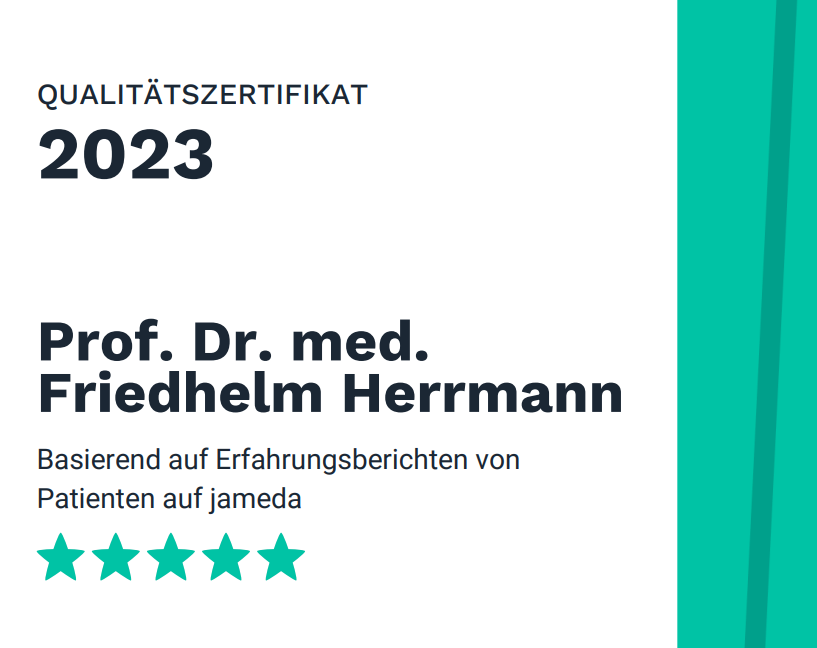SPECIAL INTERESTS
Modern medicine enables to examine precisely various disease conditions in high detail. The rapid development of diagnostic techniques such as laboratory and imaging methods on the one hand and a daily growing selection of highly specific treatment options on the other hand have brought many changes into Medicine over the last decades.
We thus aim to integrate high-end-technical facilities with the most individualized treatment carried out by our team of internationally renowned experts covering the following fields of internal medicine:
Oncology
Haematology
Haemostaseology
Immunology
Check-up program (disease prevention)
The goal is to define risk factors in supposedly "healthy" individuals to prevent the onset of diseases or to delay the time of their manifestation. A wide range of diseases are examined in order

PROF. DR. HERRMANN
© 2019 Onkologikum-Muenchen.de
Imprint & privacy policy
PROF. DR. HERRMANN
© 2019 onkologikum-muenchen.de
IMPRINT & PRIVACY POLICY
 Skip to content
Skip to content
